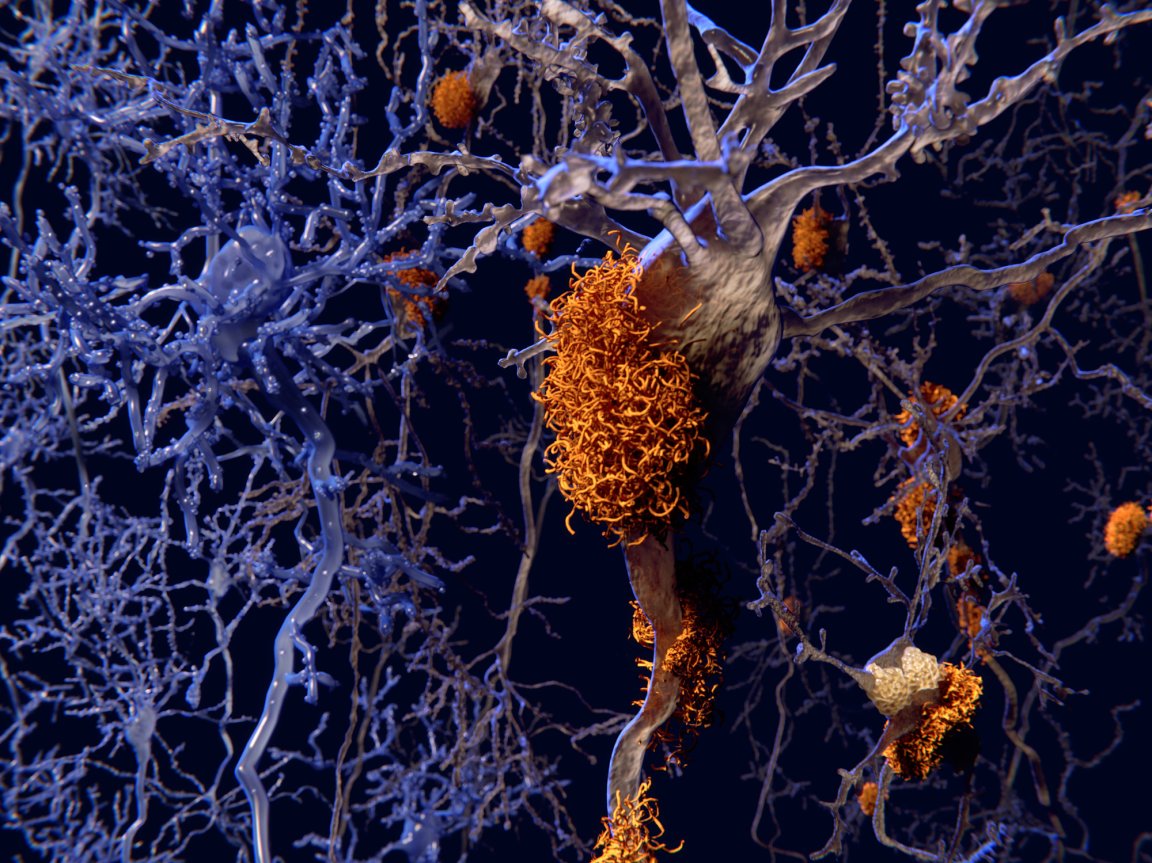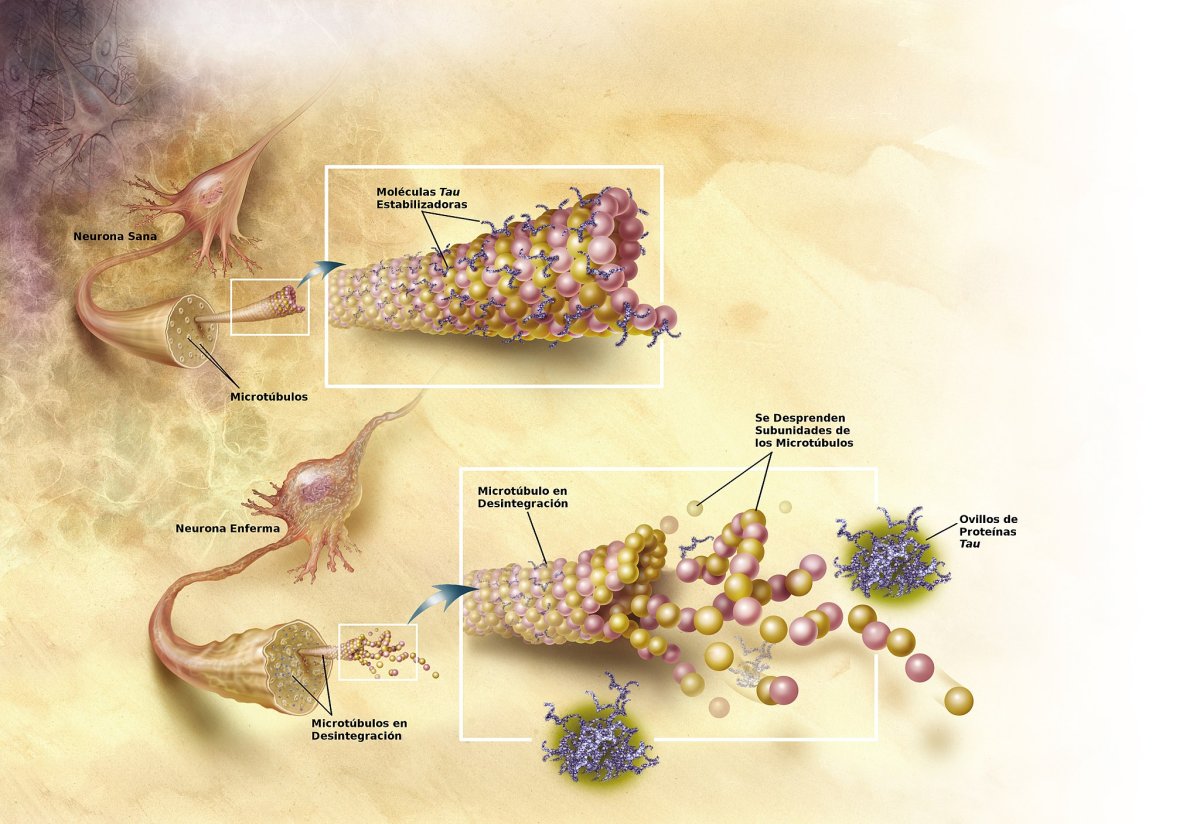
Amyloid or Tau
Since 1993, we’ve known that ApoE4, a variant of the apolipoprotein E (ApoE) gene, increases the risk of Alzheimer’s disease by up to four times. Since then, researchers have worked to uncover how it is connected to β-amyloid, the plaque-forming protein fragment which scientists believe is the cause of the illness. New research shows that one of ApoE4’s most toxic effects may not arise from a β-amyloid connection at all, but instead may be the result of a damaging immune response to tau, a different protein.

This critically important study will have major clinical implications and will change the conversation in the Alzheimer’s research community. David Holtzman, the lead researcher on this new study, promoted the idea of a link between β-amyloid and ApoE4 in the past. His new position — that tau is just as important to ApoE4’s impact — is likely to be influential in the debate over whether Alzheimer’s treatments should focus on amyloid or tau, since this work indicates that both can be targeted through ApoE4.
Immune Response
The brains of people who died with Alzheimer’s disease are riddled with both intracellular tau “tangles” and amyloid plaques. In the past, neuroscientists believed that tau, which typically acts as a stabilizing protein, could escape neurons and work together with ApoE proteins that transport cholesterol. However, we now know that tau does escape cells and it can also spread.
The new study showed, in genetically engineered mice, that even in strains which produced tau that was very similar to the kind found in humans with neurodegenerative diseases like Alzheimer’s, without the ApoE gene, little or no neuronal death took place. This proves that ApoE is critical to tau pathology. The team also observed an immune response triggered by the presence of tau enabled by the ApoE gene, which caused an inflammatory response that killed neurons.
The researchers think that β-amyloid helps to trigger the onset of Alzheimer’s disease, while damage is caused later on by tau deposits. In other words, there is no reason for the tau versus amyloid debate. This new work also reveals new hope for treatment through this furthered understanding of the way that pathogenic tau and ApoE4 interact.